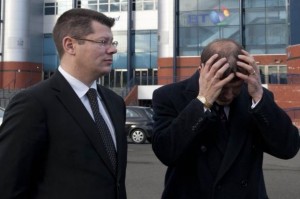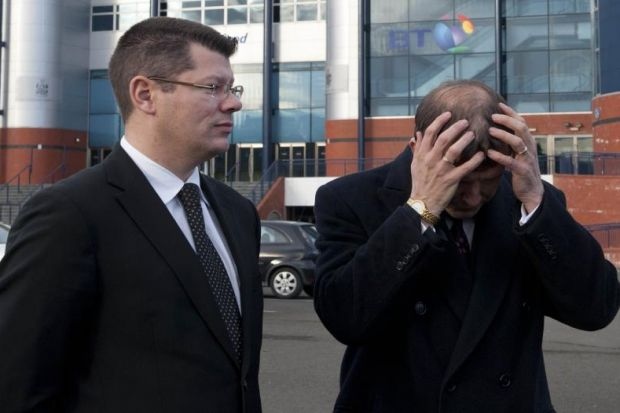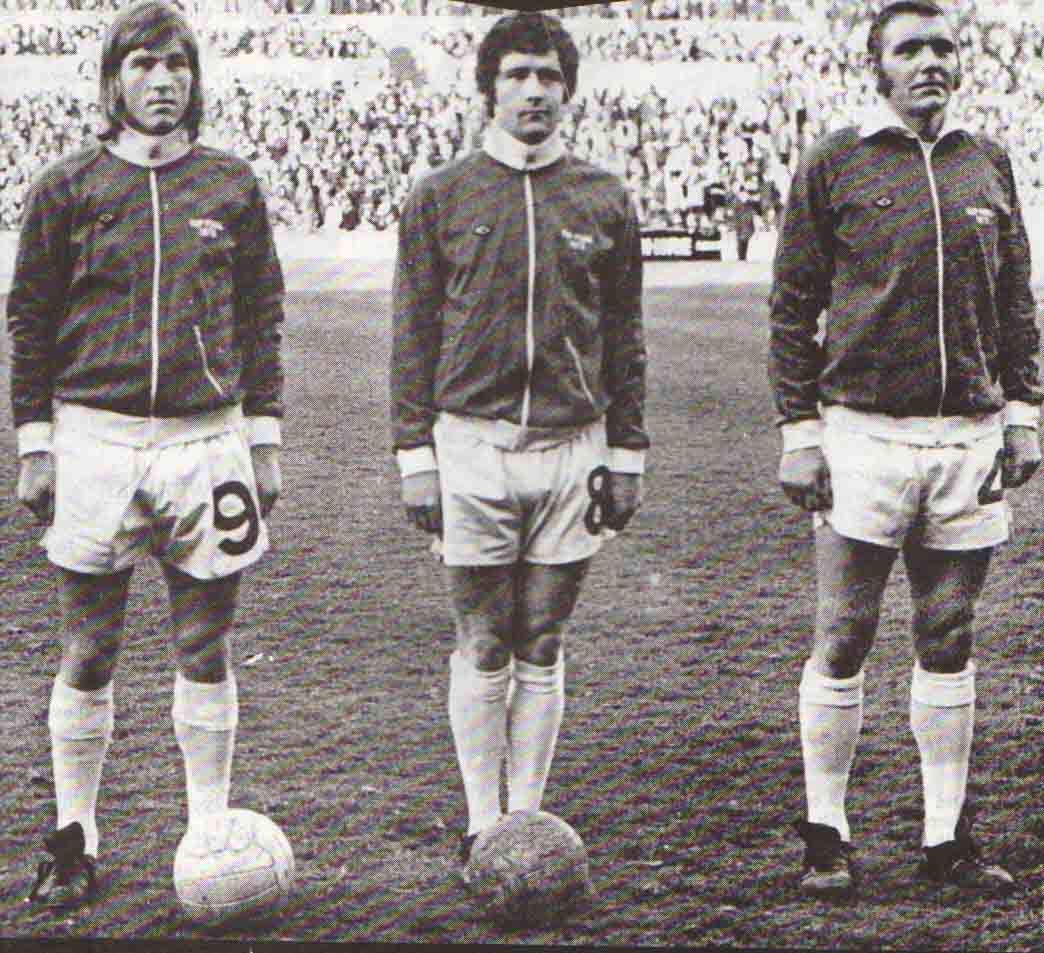
FEAR OF INVESTIGATION?
One aspect of the Rangers tax cheating scandal that afflicted Scottish football was the interpretation of the contractual arrangements or, more specifically, the side letters. The details of all players’ contracts, including remuneration packages, must be submitted to the football authorities when a player signs. The problem for Rangers was that the information relating to employee benefits’ trusts was contained in addendums to the players’ contracts. Naturally, when an agent and lawyers are organising large payment arrangements for new signings they want everything confirmed in writing. Rangers were paying players through traditional PAYE contractual arrangements and through EBTs. As we know, EBTs are supposed to be discretionary loans however Rangers were making guaranteed payments to players as part of their contractual arrangements, and this was contained in these side letters.
The dilemma for Rangers was that submitting these side letters to the SFA would have been confirmation that they were part of the overall remuneration package due to a player. Confirming to the SFA the total remuneration package (including EBTs) would have made these payments contractual with subsequent taxation due. There was, therefore, a conscious decision by executives at Rangers to withhold this information from the football authorities to prevent the tax authorities from discovering the full extent of payments made to players.
During our meeting with Neil Doncaster & Rod McKenzie, McKenzie (the SPFL’s most senior legal advisor) confirmed that the football authorities would not have been concerned with the PAYE arrangements within the contractual information submitted. It is therefore, clear that Rangers’ only intention in withholding full contractual documents from the football authorities was to ensure that illicit payments to players were not discovered by the UK tax authorities. They exhibited clear intent to deceive with relation to tax submissions, but this does have a large knock-on effect in the Scottish game.
As stated above, all documentation in relation to players’ contracts and remuneration packages must be submitted to the footballing authorities and we have seen, over and over again, the consequences to clubs for submitting wrong, incomplete contracts or failing to submit important documentation. In all circumstances, clubs have forfeited the tie three nil and, in many circumstances, expelled from competition. So why didn’t this happen to Rangers?
The Rangers’ side letters were only discovered following a police raid after Rangers refused to acknowledge their existence to the government tax authorities. As set out by McKenzie and Doncaster in our recent meeting, even after these documents were discovered Rangers refused to provide copies of them to the football authorities, submitting only 29 of the 55 side contracts and these were heavily redacted. Indeed, it is (as mentioned here) the reason why David Murray is now banned from the Scottish game.
The implications of side contracts were considered in the Lord Nimmo Smith inquiry. Based on all previous precedent the expectation would be that any game where Rangers fielded a player with an EBT (and, by default, with a side contact) would now be amended to a three nil defeat in the record books, but they didn’t. This was down wholly to the evidence of the SFA’s Sandy Bryson. At the recent meeting Rod McKenzie was questioned upon this aspect and confirmed that Lord Nimmo Smith had imposed a £250,000 fine on Rangers for the illegal registration of players. At that point, I raised the fact this was only due to an interpretation of the rules, which came as a surprise to everybody who knows anything about Scottish football. Rod McKenzie’s response was surprisingly blunt and simple, “It came as a surprise to me, too.”
What’s clear is that, once again, in the case of Rangers Football Club (in liquidation), the SFA acted outwith the rules and outwith the expected norms with everybody connected with the game. When a governing body makes up the rules on the hoof, is it any surprise they have no desire to cooperate with the public inquiry?





